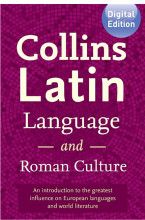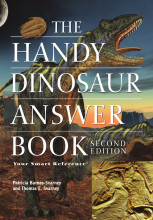The Psychology of Everyday Life: Motivation and the Search for Happiness - The Biology of Money
6 important questions on The Psychology of Everyday Life: Motivation and the Search for Happiness - The Biology of Money
How much is the prefrontal cortex involved in purchasing decisions?
According to a 2007 fMRI experiment by Brian Knutson, George Lowestein, and colleagues, the frontal cortex was less activated during purchasing decisions than either the nucleus accumbens (which processes rewards), or the insula (which processes pain). This suggests that purchasing decisions are driven more by the balance of pain and desire than by a rational assessment of our options.
How strongly does the reward system affect motivation?
How does the dopamine system set expectations?
It is in the business of distinguishing which cues do and do not signal reward and in priming us to pursue a reward when it detects a relevant cue.
- Higher grades + faster learning
- Never study anything twice
- 100% sure, 100% understanding
What are the drawbacks of the dopamine system?
How is the reward system reactive to intermittent reinforcement?
Dopamine neurons are particularly sensitive to novelty and surprise, so when behavior is unpredictably reinforced, each experience of reward comes as a surprise. In fact an unpredicted reward is perhaps three to four times as activating as a predictable reward.
This pattern contributes to our vulnerability to gambling, which is defined by intermittent reinforcement.
What is the role of the insula?
The insula is activated when we experience the pain of losing money. For example, activity in the insula increases when we look at the price tags of our purchases and it decreases when we pay with credit cards as opposed to cash.
The question on the page originate from the summary of the following study material:
- A unique study and practice tool
- Never study anything twice again
- Get the grades you hope for
- 100% sure, 100% understanding
































